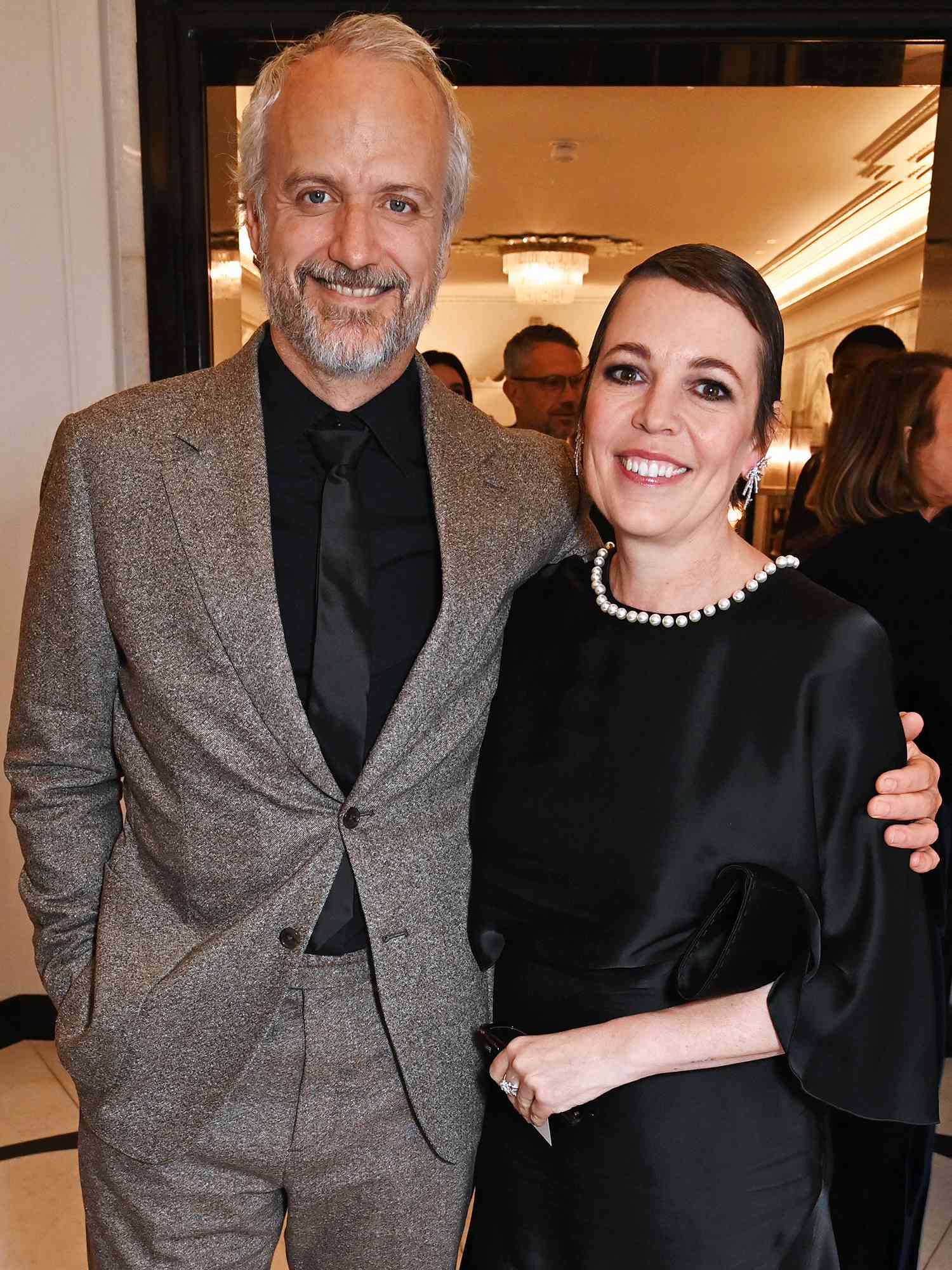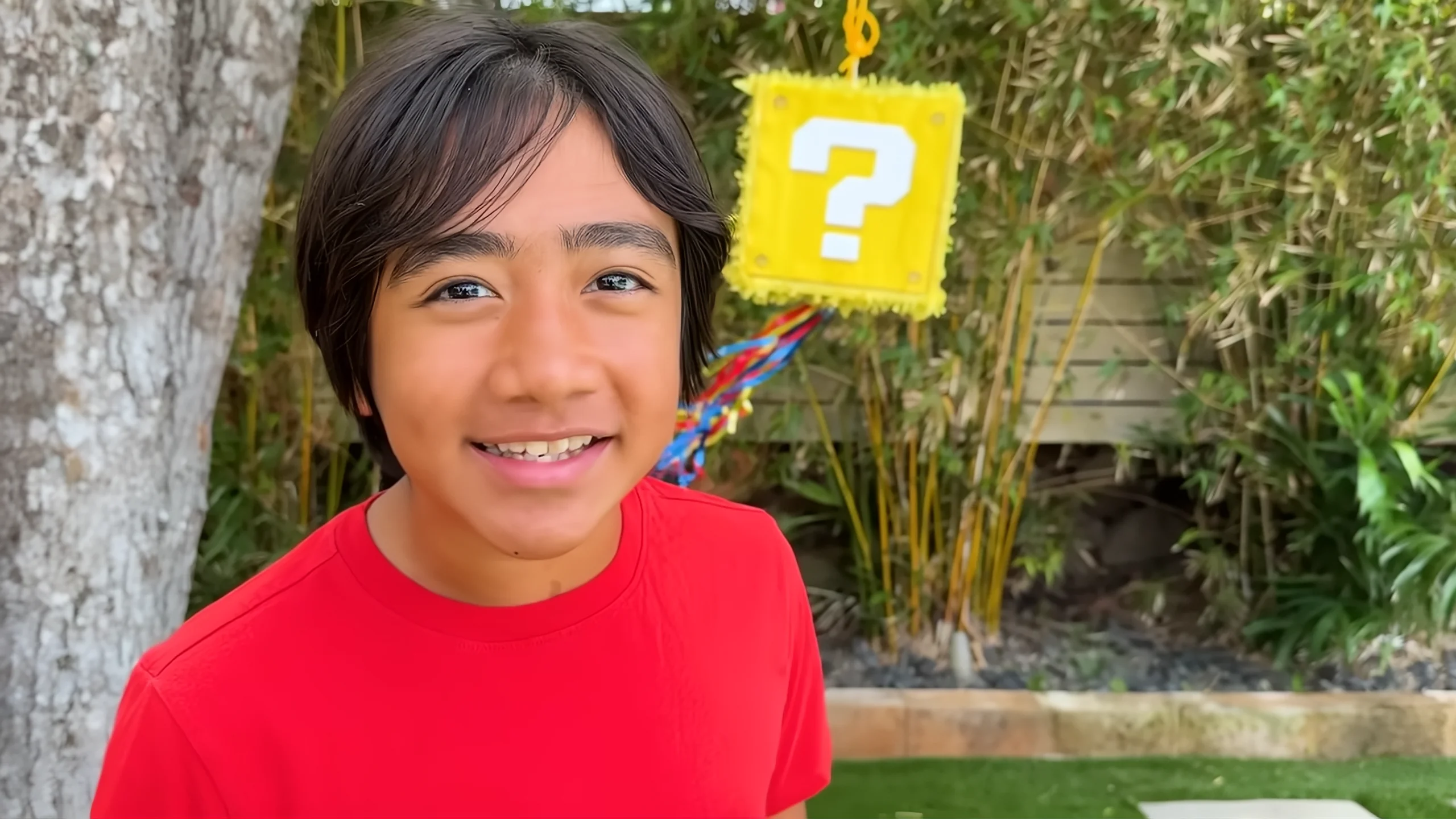Introduction to Hall Sinclair
Hall Sinclair is a compelling figure whose narrative revolves around adoption and the quest for identity. Born into a complex family dynamic, Hall’s early life was shaped by a series of events that would ultimately lead to their adoption. Hall Sinclair’s journey commenced in a small town, where they were raised in an environment that, while filled with love, also presented a multitude of challenges. Strong familial bonds characterized Hall’s household, despite the inherent difficulties that sometimes arose.
The circumstances surrounding Hall’s adoption are noteworthy and underscore the transformative nature of this experience. At a young age, Hall faced instability that prompted their biological family to make the heart-wrenching decision for them to be adopted. This decision was not taken lightly, and it highlighted the deep love and concern that Hall’s birth family held for their well-being. The process of adoption opened new doors for Hall, offering them the opportunity to grow in a nurturing and supportive environment that would play a pivotal role in their development.
Upon being adopted, Hall Sinclair found themselves in a family that embraced them wholeheartedly. This transition presented both challenges and rewards as Hall navigated their new life. The complexities of identity began to unfold, leading Hall to explore not only their personal aspirations but also the cultural implications of being adopted. In the years that followed, Hall would embark on an enlightening journey of self-discovery, encountering both societal perceptions of adoption and the deeply personal dimensions of their own identity. As we delve deeper into Hall Sinclair’s story, it becomes evident that their journey resonates with themes of belonging, resilience, and the unyielding quest for understanding one’s place in the world.
Understanding the Adoption Process
The adoption process is a multifaceted journey that encompasses several stages, each marked by its own challenges, legal requirements, and emotional dynamics. Hall Sinclair’s experience provides a valuable lens through which to explore this intricate system. Central to the adoption experience is the legal framework, which varies depending on jurisdiction but typically includes several key steps: application, home study, matching, and finalization. Each of these stages is designed to ensure that the needs of the child and adoptive parents align appropriately.
During the application stage, potential adoptive parents like Hall’s family must undergo rigorous assessments to determine their suitability for adoption. This often involves background checks and financial assessments. Following approval, the home study is conducted, providing social workers an opportunity to evaluate the living environment and establish a supportive foundation for the child. These initial stages can evoke feelings of anxiety and anticipation, as families await the match that ultimately leads to the placement of the child.
Matching the child with a suitable adoptive family is both an emotional and delicate process. For Hall, this stage represented the culmination of the hard work and dedication put forth by all parties. However, it also carries the possibility of heartbreak, especially if a match does not materialize as hoped. Following a successful match, the placement phase involves gradual transitions where the child begins to integrate into the adoptive family environment, often requiring the navigation of complex emotions, including feelings of loss and identity.
Challenges may arise during this phase as children adapt to new routines, relationships, and environments. Open communication between adoptive parents and children is vital during these transformative moments. The legal finalization occurs later in the process, solidifying the adoption and granting the child a new legal identity. This journey, while rewarding, is rife with emotional ups and downs as families and individuals learn to navigate the challenges of love and belonging.
The Role of Family and Support Systems
The journey of Hall Sinclair post-adoption illustrates the significant impact that family and support systems have on an individual’s identity and overall well-being. Upon being adopted, Hall entered a nurturing environment where love and acceptance were paramount. The adoptive family played a crucial role in helping him navigate the complexities of his new life, providing emotional support and stability. Their willingness to embrace Hall as one of their own fostered a sense of belonging, which is vital for any child adjusting to a new family dynamic.
The dynamics within the adoptive family were shaped by open communication, empathy, and mutual respect. Hall’s parents understood the importance of acknowledging his past while encouraging him to explore his identity within the context of the new family. This dual focus enabled Hall to reflect on his heritage, while also cultivating a shared identity with his adoptive siblings. Such supportive family interactions created a safe space for Hall to express his feelings, ask questions about his adoption, and reconcile his past experiences with his present circumstances. The significance of such acceptance cannot be overstated, as it reinforces self-esteem and fosters resilience.
Moreover, the larger community surrounding Hall further enriched his experience. Friends, extended family, and local support groups contributed to a supportive network, affirming the importance of interconnectedness in the life of an adopted child. This network provided resources and shared experiences, helping Hall and his family address challenges they faced together. Ultimately, the combination of a loving adoptive family and a robust support system played an integral role in Hall Sinclair’s journey towards fully realizing his identity, illustrating the transformative power of family and community in adoption contexts.
Cultural and Personal Identity Post-Adoption
The journey of identity for individuals who have been adopted is often multifaceted and layered. For Hall Sinclair, the process of discovering and reconciling personal identity with cultural heritage began after their adoption into a family that represented a different cultural background. This experience not only shaped Hall’s understanding of self but also created a complexity that required navigational skills to integrate aspects of their past identity with their present circumstances.
Initially, Hall faced challenges in understanding their place within the new family structure and the broader cultural context. The disconnect from their birth culture led to feelings of confusion and a profound sense of longing for belonging. Hall often grappled with questions of identity: “How do I honor my origins while appreciating my adoptive family?” This internal conflict is commonly experienced among adoptees, illuminating the intricate tapestry of identity formation.
Engaging with their birth culture became integral to Hall’s journey. They sought out stories, rituals, and connections that reflected their origins, slowly piecing together a narrative that allowed for a holistic self-understanding. Celebrating cultural festivals and participating in community events not only enriched Hall’s heritage but also fostered a sense of belonging within the adoptive family. These experiences reinforced the notion that identity is not solely defined by biological ties but is also shaped through interactions and the environment.
Moreover, Hall’s journey demonstrates the power of open dialogue regarding identity within adoptive families. By sharing thoughts and experiences, Hall and their family navigated the complexities of belonging together. Such conversations were pivotal, enabling mutual understanding and respect for the distinct yet interconnected identities within the family dynamic. Ultimately, Hall Sinclair’s story exemplifies that the path to understanding cultural and personal identity post-adoption is an evolving process, characterized by exploration, acceptance, and the redefinition of self. This journey continues to inspire others facing similar experiences.
Challenges and Triumphs in School and Social Settings
Hall Sinclair’s journey through the educational landscape following adoption presents a tapestry of both challenges and triumphs. For many children who are adopted, the transition into new schools can feel daunting. Hall encountered moments of uncertainty and difficulty in gaining acceptance among peers. The initial reception from classmates often hinged on misconceptions about adoption, which sometimes led to feelings of isolation and questioning self-identity. These experiences were compounded by the typical struggles of childhood, including the search for belonging and acceptance.
In various social settings, Hall faced subtle struggles, such as being treated differently or the need to constantly explain the story of their adoption. This pushback from peers was challenging, often resulting in lowered self-esteem and a sense of being ‘othered’ within group dynamics. However, through resilience, Hall began to navigate these social environments more effectively. By seeking friendships with those who demonstrated understanding and empathy, Hall fostered important connections. Participation in school clubs and activities provided a positive framework for building relationships and bolstering confidence.
Another factor that played a crucial role in Hall’s success was the unwavering support from adoptive parents and teachers. Hall’s educators recognized the challenges faced and actively worked to create an inclusive environment that engaged all students, irrespective of their backgrounds. Their advocacy for Hall reinforced the importance of acceptance in the school setting. As Hall matured, they learned the value of discussing personal experiences openly, which nurtured a sense of empowerment. This collective effort led to significant triumphs in self-identity, ultimately allowing Hall to flourish academically and socially.
Through perseverance, Hall Sinclair transformed challenges into opportunities for growth, demonstrating the power of resilience in the face of adversity.
Hall Sinclair’s Journey of Self-Discovery
Hall Sinclair’s journey of self-discovery is a profound narrative that reflects the complexities of navigating identity, particularly in the context of adoption. From an early age, Hall grappled with questions about belonging and the nature of self. The initial stages of this journey were marked by feelings of uncertainty, especially as Hall sought to understand their roots and how they fit into the broader narrative of family and identity.
Throughout their formative years, Hall encountered significant turning points that shaped their perspective on self-acceptance. One pivotal moment occurred during their teenage years, a time often fraught with emotional turbulence. It was during a high school project on family history that Hall first confronted the realities of their adoption. As they explored the concept of family through various lenses, it became clearer that identity could be multifaceted and not solely defined by biological connections. This realization laid the groundwork for a more profound understanding of self that transcended traditional definitions.
As Hall progressed into adulthood, the journey of self-discovery continued to evolve. College offered an environment for exploration and engagement with diverse communities, which played a crucial role in Hall’s development. They began to embrace their identity with greater confidence, finding solace in the shared experiences of others. This period was characterized by a growing sense of agency, as Hall not only accepted their adopted status but also celebrated it as an integral part of who they are. Engaging in conversations about adoption and personal identity further strengthened Hall’s resolve to advocate for others on similar journeys, emphasizing that self-worth does not hinge on one’s origins but rather on one’s choices and character.
In essence, Hall Sinclair’s ongoing journey of self-discovery highlights the intricate dance between adoption, identity, and self-acceptance. Through personal reflections and significant life experiences, Hall has cultivated a nuanced understanding of themselves that honors their past while embracing a future filled with possibilities.
Advocacy and Outreach: Hall’s Contributions
Hall Sinclair has leveraged personal experiences to become a prominent advocate for adoption awareness and support. Recognizing the complexities often associated with the adoption journey, Hall has dedicated time and resources to various initiatives aimed at improving the lives of others who find themselves in similar situations. One of Hall’s most notable efforts is participation in the National Adoption Awareness Month campaigns, where they have consistently shared their story to demystify adoption processes and ignite conversations about the importance of supportive communities for adoptive families.
In addition to national campaigns, Hall has been involved with local organizations aimed at providing resources and support systems for adoptive families. For instance, Hall volunteered with “Families for Adoption,” a non-profit organization dedicated to connecting prospective adoptive parents with children in need of homes. Their role in this organization not only included mentorship but also leading workshops that educate families on the nuances of adoption, navigating potential challenges, and fostering connections with adopted children.
Moreover, Hall played a pivotal role in organizing community events such as “The Adoption Awareness Fair,” which highlighted various adoption resources available to families in their locality. This event attracted numerous families, social workers, and community leaders, facilitating valuable dialogues about the adoption process and encouraging understanding and empathy among participants. Hall’s ability to share relatable experiences has been instrumental in breaking down barriers and fostering a supportive environment where open discussion about adoption can thrive.
By strategically using their platform to raise awareness, Hall Sinclair has demonstrated that advocacy transcends mere conversations. It entails actively engaging in outreach initiatives that cultivate understanding, support, and change. Their relentless commitment has potentially transformed the adoption narrative, contributing positively to the lives of many families on similar paths.
Lessons Learned from Hall Sinclair’s Experience
The journey of Hall Sinclair serves as a profound reminder of the significance of acceptance, resilience, and the importance of understanding one’s identity. Through the myriad of challenges faced by Hall, numerous lessons can be distilled that resonate deeply within the realms of adoption and personal growth.
One of the most prominent lessons is the importance of accepting oneself and one’s unique story. Hall’s experience illustrates that each individual’s background informs their identity and contributes to their life narrative. Acceptance fosters a sense of belonging, allowing adopted individuals to embrace their past while navigating their present. This acceptance is not merely about acknowledging one’s origins; it encapsulates the broader idea of embracing every facet of one’s self-worth, regardless of societal judgments or misconceptions surrounding adoption.
Resilience is another key theme in Hall’s experience. The journey of adoption can be fraught with emotional challenges and societal stigmas. Hall’s ability to navigate these obstacles demonstrates that resilience is not just about enduring hardships but also about cultivating the strength to overcome them. This serves as an inspiration for others facing similar circumstances, highlighting that difficulties can lead to personal growth and fortitude.
Moreover, understanding one’s identity transcends the definition of biological connections. Hall’s journey emphasizes that identity is shaped by experiences, choices, and relationships. Acknowledging this complexity allows individuals to find peace and clarity in their lives, regardless of their background. Emphasizing the significance of personal narratives broadens the understanding of what constitutes identity, encouraging a more inclusive perspective of self.
Through Hall Sinclair’s transformative journey, we gather invaluable insights that resonate with anyone seeking to understand the complex nature of identity and the power of acceptance and resilience in overcoming life’s challenges.
Conclusion: Embracing Adoption Stories
The story of Hall Sinclair serves as a profound reminder of the significance of adoption experiences and the myriad of identities that emerge from them. Adoption is not merely a change of guardianship; it is a complex narrative that intertwines feelings of belonging, personal history, and cultural connections. Hall’s journey highlights the emotional nuances that come with being adopted and the unique identity formation that follows. Each adoption story contributes to a broader understanding of family, kinship, and the ways in which individuals come to define themselves.
It is essential to recognize and celebrate the diverse experiences encapsulated within adoption narratives. This encourages a broader societal conversation about identity and belonging, fostering acceptance and understanding of differing life paths. Hall’s experience illustrates how personal histories can shape one’s sense of self, often enriching the lives of both the adopted individual and their families. By sharing such stories, we open channels for empathy and insight, allowing others to engage with the complexities of adoption beyond surface-level perceptions.
Encouraging discussions about adoption can help mitigate misconceptions, instill a sense of community, and support those navigating their own stories. It is important for individuals to feel empowered to share their experiences, knowing that their narratives can contribute to the collective understanding of what it means to be adopted. Such conversations can illuminate the joys, challenges, and transformations that accompany the journey of adoption, emphasizing the resilience of adopted individuals as they navigate their unique identities.
Ultimately, embracing adoption stories can foster a culture of respect and appreciation for the diversity of life experiences. By acknowledging the layers of emotion and identity intertwined in each narrative, we can build a more inclusive world that honors the richness of every individual’s story.

We share information about current trends and stories of people all around the world.



